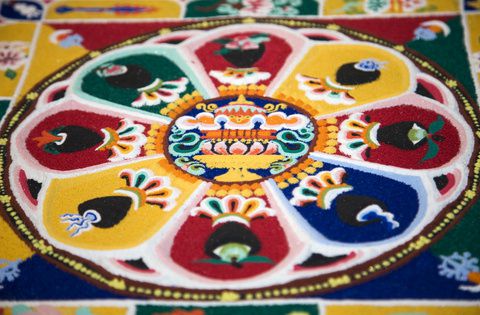
CG Jung’s Approach: Not for Everyone, but Essential for Some
Let’s face it: there are a lot of different forms of therapy / counselling out there. So, why would someone choose to work on themselves with a Jungian therapist, as opposed to another type of therapist? Well, here’s a list of 6 prominent factors, which certainly led…





